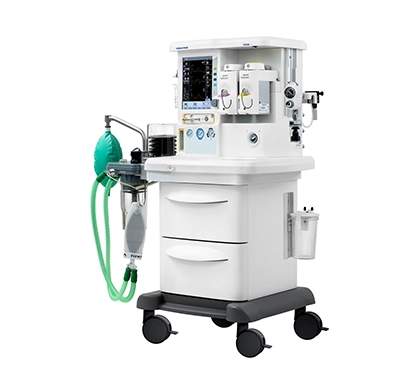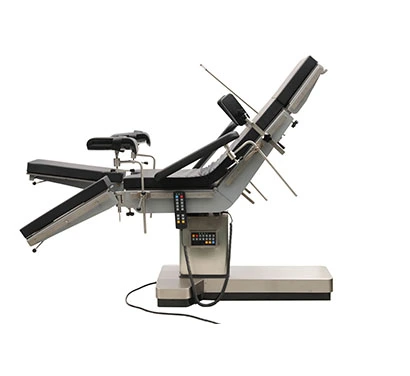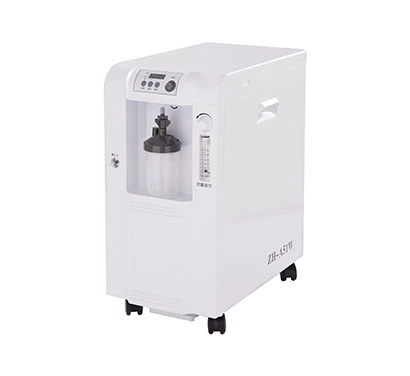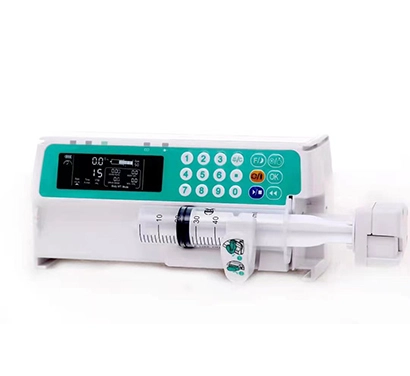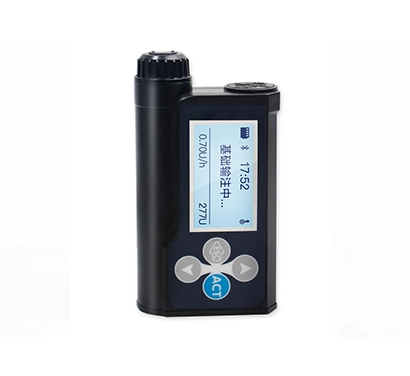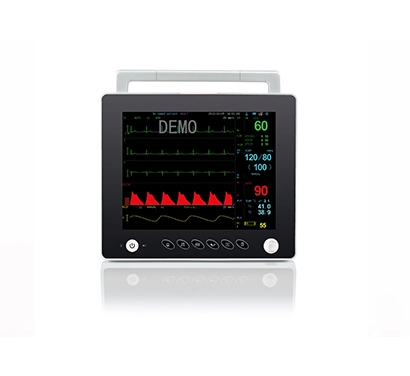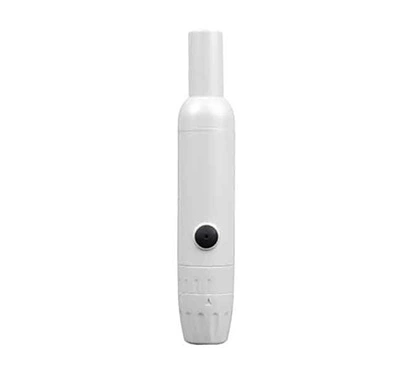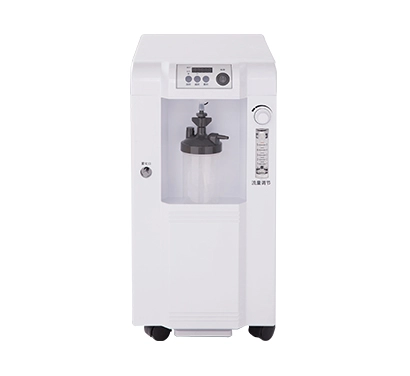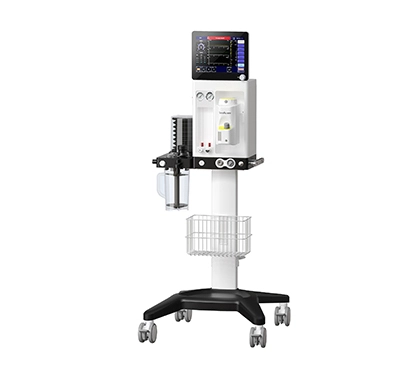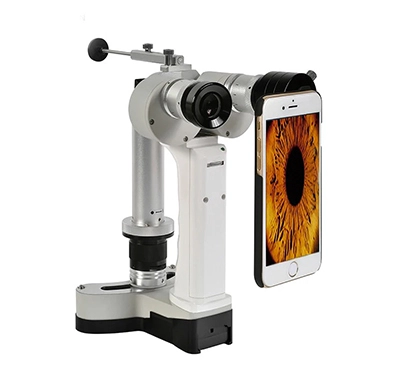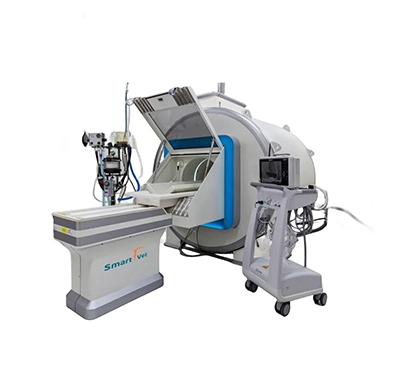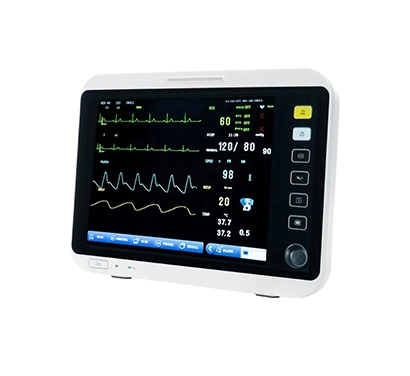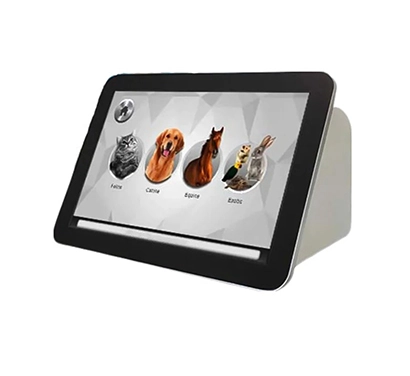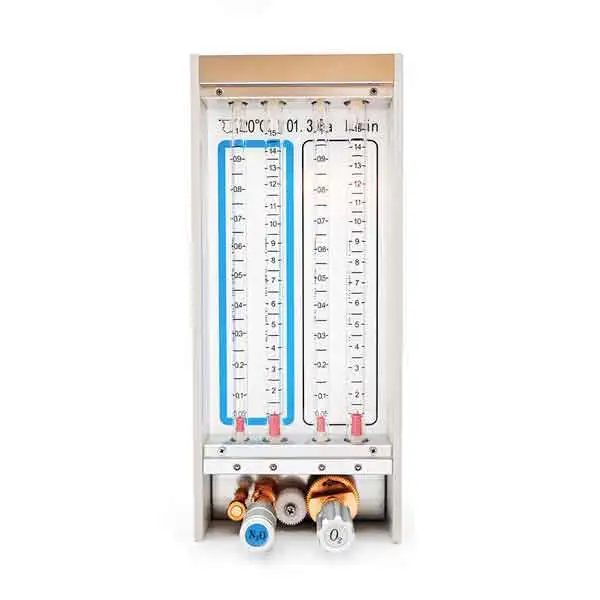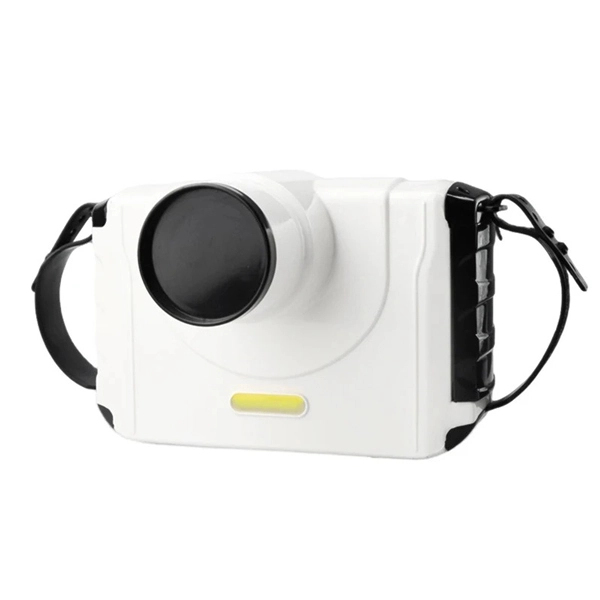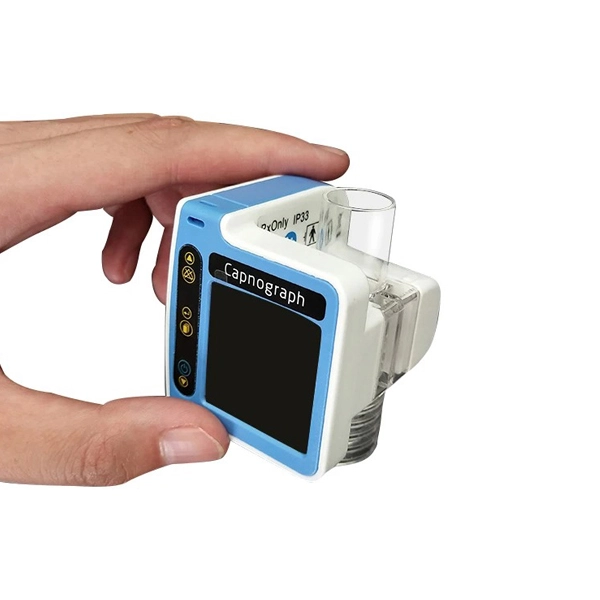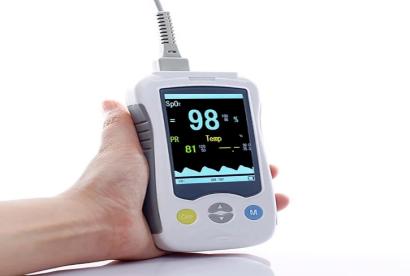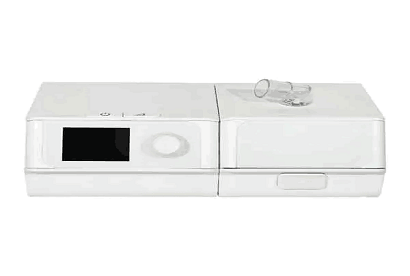About Veterinary Lab Equipment
RHC Medical's veterinary lab equipment is specially used in veterinary laboratories to perform diagnostic tests and analyze samples from animal patients. These instruments include centrifuges, microscopes, spectrophotometers, blood analyzers, and PCR machines. Veterinary lab equipment enables veterinarians and laboratory technicians to evaluate blood, urine, tissues, and other biological samples to diagnose diseases, monitor organ function, assess nutritional status, and detect infectious agents. Conducting accurate and timely laboratory tests using these instruments is crucial for guiding treatment decisions and monitoring the health status of animal patients. Veterinary lab equipment helps provide high-quality veterinary care and improve treatment outcomes for animals.
Common Parts of Veterinary Lab Equipment
Microplate Reader
Use: A specialized instrument for enzyme-linked immunosorbent assays (ELISA) used to detect specific antibodies or antigens in samples like animal serum and tissue fluids.
Pipette
Use: An instrument for quantitatively transferring liquids, commonly used for precise distribution of biological samples.
Centrifuge
Use: Separates mixtures of liquids and solid particles or liquids and liquids, often used for isolating cells, viruses, and other particles.
Ultra-Pure Water System
Use: Produces pure or ultra-pure water for precise analysis and experiments in the laboratory.
Microscope
Use: Magnifies objects to observe cells, bacteria, parasites, and other microscopic structures.
Safety and Protection for Veterinary Lab Equipment
Personal Protection
Operators should wear appropriate personal protective equipment such as lab coats, gloves, and masks when using animal medical devices to prevent harmful substances from causing bodily harm.
Environmental Safety
Keep the laboratory environment clean and well-ventilated to avoid the accumulation of harmful substances in the air.
Emergency Handling
Understand and be familiar with the laboratory's emergency plan to respond swiftly and effectively in case of an emergency.
Other Considerations for Veterinary Lab Equipment
Avoid Contamination
During operation, avoid cross-contamination to ensure the accuracy of experimental results.
Data Recording
Timely and accurately record experimental data for subsequent analysis and processing.
Instrument Storage
Store instruments in a dry, well-ventilated area free from corrosive gases and strong magnetic interference to ensure their long-term stability and reliability.
In summary, considerations for veterinary lab equipment list involve multiple aspects including selection, installation, use, maintenance, and safety. Only by strictly adhering to these considerations can the accuracy of experimental results and the safety of the experimental process be ensured.

 EN
EN
 fr
fr  es
es  ru
ru  ar
ar 
